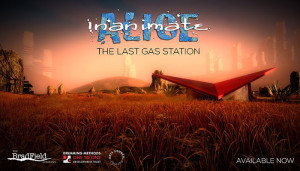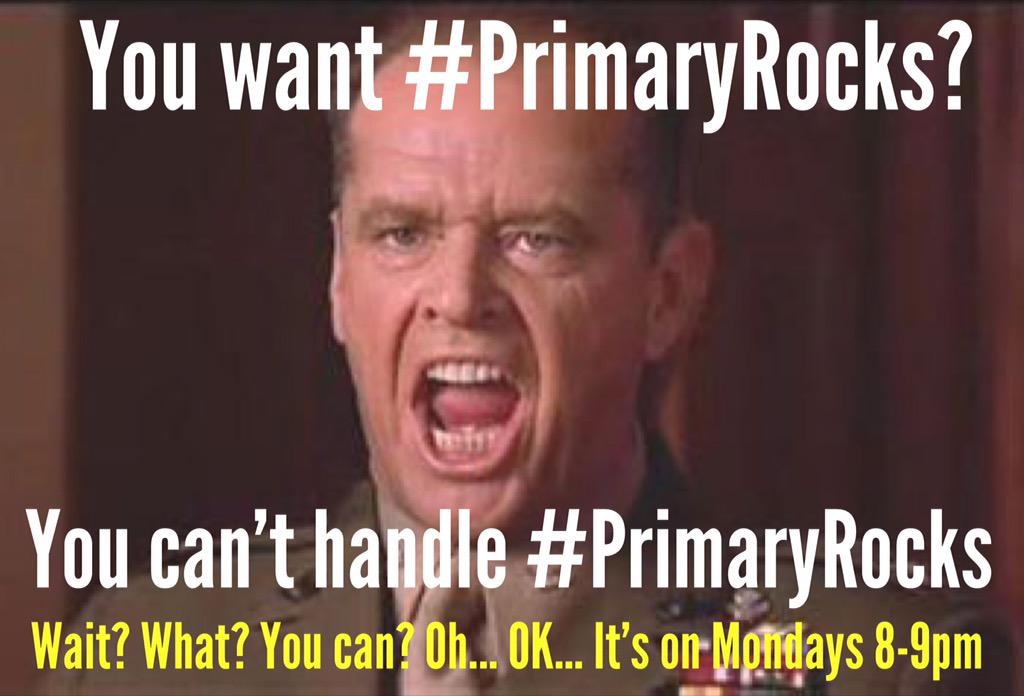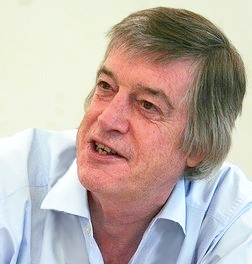School has two functions; Education and Childcare. Too few children get the best possible experiences of both at school. I’d like to see the shared digital space that kids and adults inhabit be a place where we do this better. Schools must be part of this so that all children have access to their entitlement to experiences full of care and learning.
(Note: This started off as a much shorter post, then grew due to a long train journey. It needs editing. Please suggest changes here . Thanks)

Education (passing on collective knowledge) is part of the national debate, contested, measured and valued. However, the childcare aspect of schools is rarely discussed; and the interplay between the two almost never considered.
Childcare is mostly thought of as childminding/daycare, or as ‘just’ looking after kids while adults are at work, (more of which below). However I want to broaden this definition to include all the aspects that are often implicit in that word.
By childcare I mean that set of skills and behaviours that we recognise from early years setting and healthy homes – the guiding, nurturing and ‘care’ that each child should have as an entitlement. Not a curriculum. Not a set of prescribed experiences. Not a regime. I mean the care that any reasonable adult should be able to offer a child. To know them – their character; their strengths and weaknesses. To want them to be healthy and happy, and to know how to find the best possible experiences in life. To show them what life can offer, what questions to ask, and what dangers to avoid. To wipe away tears, cheer from the sidelines and to be there to give them a boost, when needed.
It also means ‘keeping them safe’ from danger, but not from risk. It means being reliable and secure , but not erecting walls or fixing chains. Childcare means caring for children, but also for ourselves. Though much of this looks like good parenting, it is also the obligation of any structure a society provides for the young people it creates – because these pro-social behaviours ultimately make for a good society. As schools are organs of our society, then perhaps we should take more care in what we do there.
However, though we fuss over the way we teach reading or multiplication, we rarely question how schools care for our children. It was while listening to the rather excellent TIDE Podcast that one of the hosts @daibarnes, was talking about the differences between where he has worked in the state sector, and his current position in a boarding school, that it occurred to me there might be a way forward, in terms of digital skills.
In order for modern societies to function, where the vast majority of adults are required to be fully focussed on being ‘at work’ during the day it is essential for them to be ‘free’ of their childcare responsibilities. Much of this seems obvious, however there are a few strands to this that are of interest.
Firstly, we still assume that adults cannot work with kids around – or that both ‘work’ and learning would suffer if they mixed. Though our current structures make that a self-fulfilling prophesy, there are plenty of models of schooling and education that challenge this. Notably project based learning, and Unschooling, more of which below.
Partly because of the health and safety considerations of many jobs, we have constructed our childcare in such a way that children are not near us, while we work. They are ‘safely’ away from their parents/carers while they are functioning at work, during the day. This made perfect sense in our industrial past. However, for many people in our increasingly ‘service’ economy, there are few ‘dangers’ where most of us work. In fact, schools have become more and more like offices.
Instead of the familiar refrain of ‘What did you do at school today?’ – why aren’t we sharing what we learned at work, or building bridges to our kids during the day. What if you could video call with your children during the day, after a really boring meeting – and talk about how you survived it. What are we scared of? Demystifying the adult world?
The lessons of ‘Unschooling‘ are hard to pull apart from the challenges it offers to our societal norms, not least as it assumes a level of independence for children to chose when to be with adults. Different from ‘home schooling’ in that there are no curriculum requirements or structures, and where parent assumes the role of the teacher; unschooling makes assumptions about the curiosity and capacity of children to learn and develop social skills, when allowed to direct their own learning.
Crucially, and why I raise it here, is that it assumes the role of all adults is to contribute to childcare – and that part of this care will include education – not as a separate activity, but as core to the endeavour of parenting and, by extension, society. Adults do not (and cannot) hide their daily realities and meaningful work is evident to ‘unschooled’ kids all day. This seems to me to be very sensible.
That said, I have had problems with much of what is called ‘unschooling’; as it mainly seems to happen at the margins of society, where either economic or intellectual privilege make it possible for families to extract themselves out of their communities; and other the other end, neglect and necessity mean that kids grow up ‘fending for themselves’. I think this undermines the principles of fairness and opportunity that matter more to me than individual choices.
However, a compelling case can be made for it. Just this week, a friend shared this video of film maker and activist, Astra Taylor, talking about her second generation experience of being ‘unschooled’. While much of it is anecdotal, and the picture hardly fits what most people would call ‘education’, she clearly benefited from being able to learn and be cared for by the adults in her life.
Which brings us back to the question of what most schools to do this. Dai Barnes describes boarding schools as much more than places of learning. While many of us would baulk at ‘sending our kids away’ to school, there are some for whom this is an option or even a necessity (due to international work requirements, etc), and there are many structures of a boarding school that seem to allow greater combining of care and learning than ‘day’ schools can offer. This post from Nick Kind, discussing his experience of Eton, captures much of what people see as the ‘value’ of these elite experiences. The digital skills agenda is democratising these principles, but though there is a lot of thought going into the learning around the computing curriculum in schools, we are only capturing the other aspects in old models of ‘schooling’ that absents parents/families and the role of childcare.
It would be great if, as a society, we could have a proper discussion about the purpose of education, and although there are, periodically attempts to get this going (see Doug Belshaw’s #purpos/ED) there are certain big stumbling blocks, such as the current infrastructure and requirement of separating children and adults during the day. However, even a quick dip into the philosophy of education – and I’d recommend this short Philosophy Bites overview – highlights the importance of ‘real’ learning activities. It would be easy for me to point (again) to PBL as a quick solution for this. However, as the breadth of learning and care that is evidenced in (the best) unschooling and boarding schools shows, there must be a wider support to enable the development of a healthy adult. Yet, too few of us share tools, languages and spaces with our kids. In fact, it is actively discouraged – often for good esafety reasons.
As stories like ‘How to Snapchat like a Boss‘ show us, kids have a lot to teach us about caring for people you care about (friends and family), and though this is not made explicit in the post; the adult brother is experimenting with a new model of being a fantastic caregiver to his teenage sister, via the medium of snapchat!
I’d like to see more support for family use of tools like Slack, such as a Google Apps for Families… or, even better, an open source version of the facilities to embrace, encourage, guide and care for our family members. Instead of building platforms for learning, or task orientated tools, I’d love to see services that combine these and make a feature of childcare- and creating new models of communication between home,work and school.
If there is anything like this already out there, I’d love to know about it.







 I was hugely surprised to get a return call after a conversation that started some four years ago, from the team behind the multi-award winning
I was hugely surprised to get a return call after a conversation that started some four years ago, from the team behind the multi-award winning 



